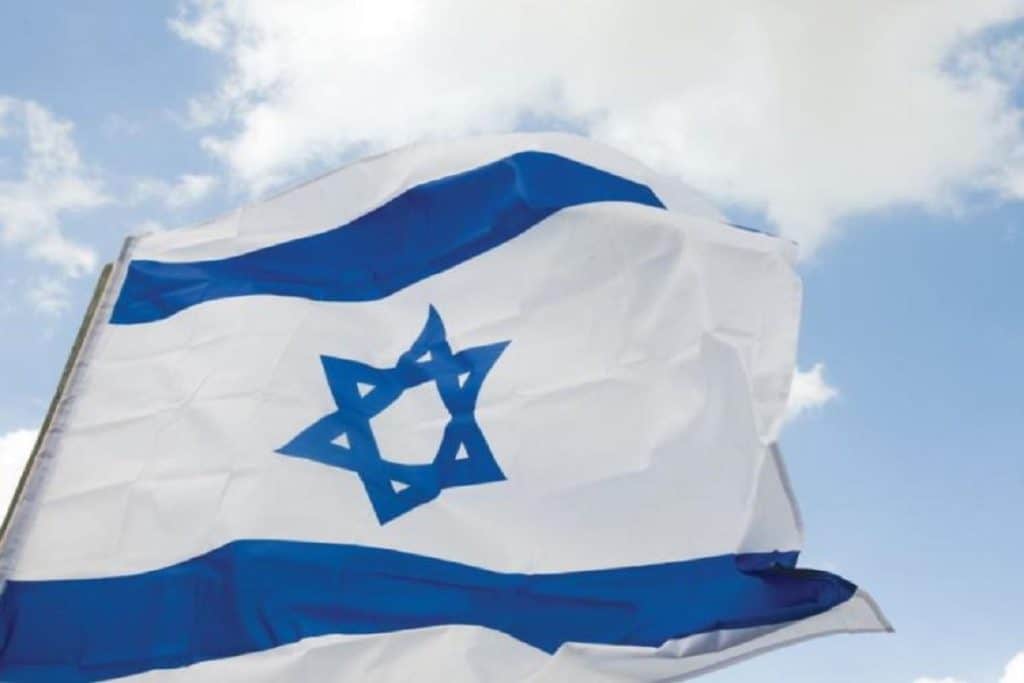By Denis Korkodinov
The Arab world seeks to reformat its international alliances, laying the foundation for regional instability. Israel seeks to occupy its niche in these alliances.
Despite continued intolerance towards the Arabs, Tel Aviv is trying to establish strong relations with Riyadh and Abu Dhabi, based on the presence of a common Iranian threat to them. In addition, their active cooperation with the White House administration provides Israel with a unique opportunity to influence American politics through the Arab world.
Meanwhile, the tensions between the United Arab Emirates and Saudi Arabia are seen by the Israelis as a cause for concern, as this complicates their dialogue with Donald Trump and creates obstacles to putting pressure on the Ayatollah regime.
It is worth noting that the emirates seek to revise their strategy in the international arena, proceeding, first of all, from their own interests. In particular, the UAE hedge their bets in the Yemeni conflict, which diverts many emirate resources without bringing any positive result.
The reason for such a reversal in the affairs of Yemen is not only the “fatigue” of Abu Dhabi from the protracted confrontation between the Hussites, Hadists and Southerners, but also military-political considerations. So, recently, between the US Congress and Donald Trump, a conflict arose over the implementation of the bill to limit US military supplies to Saudi Arabia and the United Arab Emirates for the war in Yemen.
The White House administration has managed to veto this bill, but Abu Dhabi is not sure that the US Congress will not be able to push through its initiative after the next election of the American president. In turn, under such conditions, the UAE will not be able to guarantee its military success in Yemen, which puts the emirate in an extremely vulnerable position. For this reason, Abu Dhabi seeks to secede from Washington’s policy on the Yemeni issue.
In addition, the emirate is increasingly inclined to believe that the main efforts of the state should be aimed at eliminating the “Iranian threat”, since the safety of navigation in the Strait of Hormuz depends on this. However, the UAE does not believe that Washington can be a reliable ally against the Ayatollah regime, as Donald Trump’s presidential powers expire, and his authority in the countries of the Arab world is rapidly declining. In other words, the emirate doubts that Washington is capable of actually launching military operations against Iran, despite loud statements by the US president.
At the same time, the UAE is considering the possibility of creating an alliance with Israel, since they share a common vision of geopolitical problems and ways to overcome them. In addition, Tel Aviv, unlike most countries, still receives military assistance from Washington, therefore, for the emirates is a guarantee of alternative military supplies to continue military operations in Yemen.
According to the statement by the head of the Israeli Foreign Ministry, Israel Katz, in August 2019, Tel Aviv held a series of meetings with a number of senior UAE politicians, intending to improve relations with them. Moreover, Tel Aviv plans before the end of this year to conclude cooperation agreements with other states of the Persian Gulf and, above all, with Saudi Arabia.
Benjamin Netanyahu, against the backdrop of yet another attempt to create a coalition government in Israel, clings to any opportunity to confirm not only in the international arena, but for his internal audience his ability to solve problems. And since Iran is the main problem for Tel Aviv today, to eliminate it, the Israeli Prime Minister must create a strong alliance with the Arab countries, which are seriously worried about the prospect of the blockade of the Strait of Hormuz by Tehran.
(The views expressed in this article belong only to the author and do not necessarily reflect the views of World Geostrategic Insights)
Image Credit: MARC ISRAEL SELLEM)







